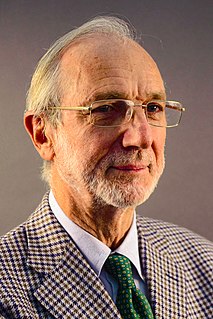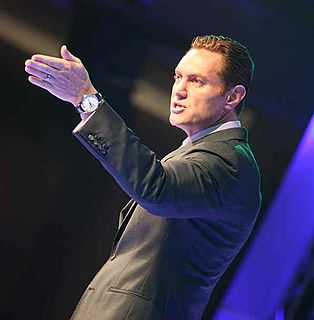A Quote by Gretchen Rubin
Habits are the invisible architecture of everyday life.
Quote Topics
Related Quotes
When we come to understand architecture as the essential nature of all harmonious structure we will see that it is the architecture of music that inspired Bach and Beethoven, the architecture of painting that is inspiring Picasso as it inspired Velasquez, that it is the architecture of life itself that is the inspiration of the great poets and philosophers.
Architecture is art. I don't think you should say that too much, but it is art. I mean, architecture is many, many things. Architecture is science, is technology, is geography, is typography, is anthropology, is sociology, is art, is history. You know all this comes together. Architecture is a kind of bouillabaisse, an incredible bouillabaisse. And, by the way, architecture is also a very polluted art in the sense that it's polluted by life, and by the complexity of things.
The most important things in life can't be seen with the eyes. Ideas can't be seen. Love can't be seen. Honor can't be seen. This isn't a new concept. Judaism and Christianity and Islam and Buddhism and Taoism have all taught for thousands of years that the highest forms of reality are invisible. God is invisible, and he created the universe. Our souls are invisible, and they give life to our bodies. Angels are invisible, and they're the most powerful of God's creatures.


































